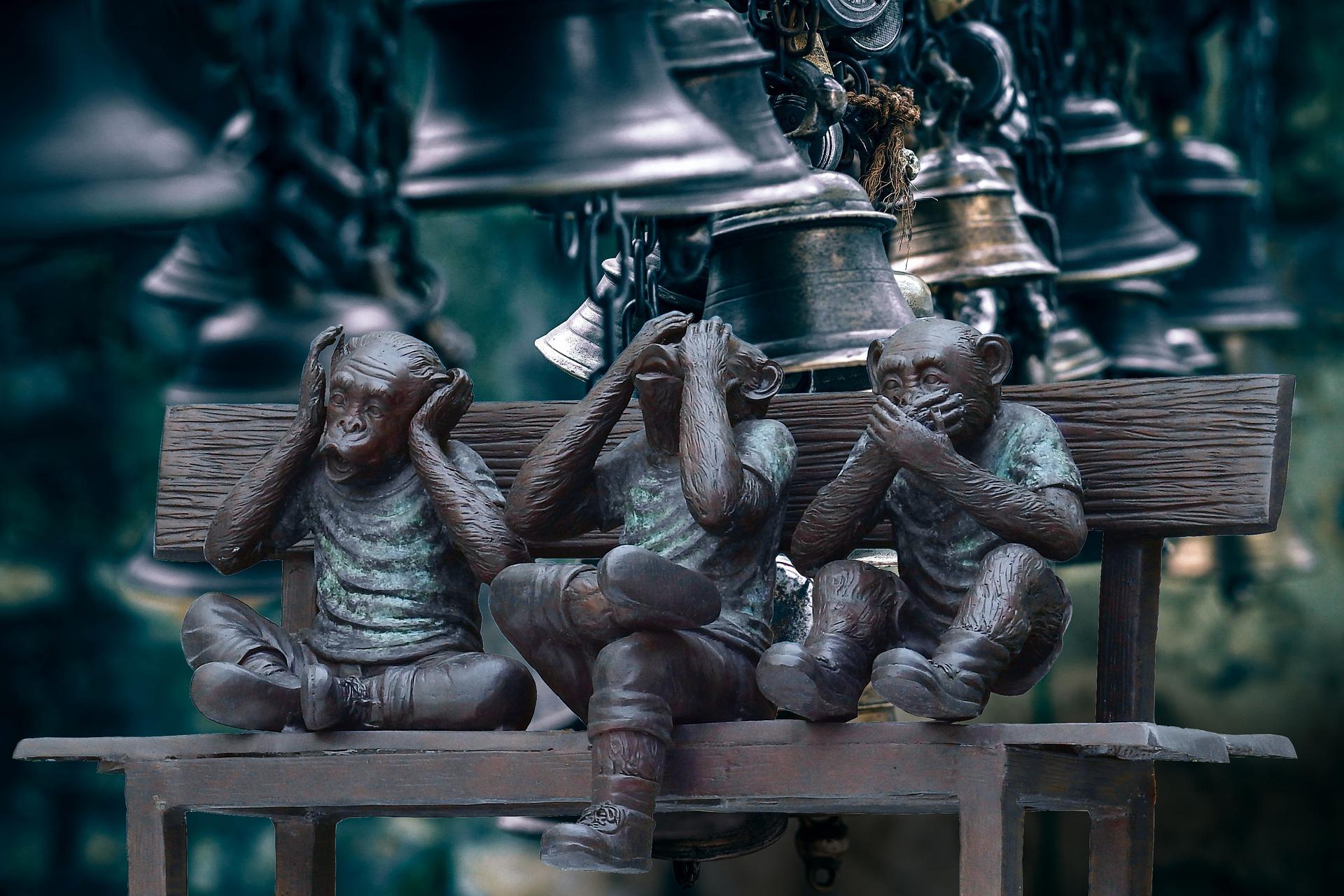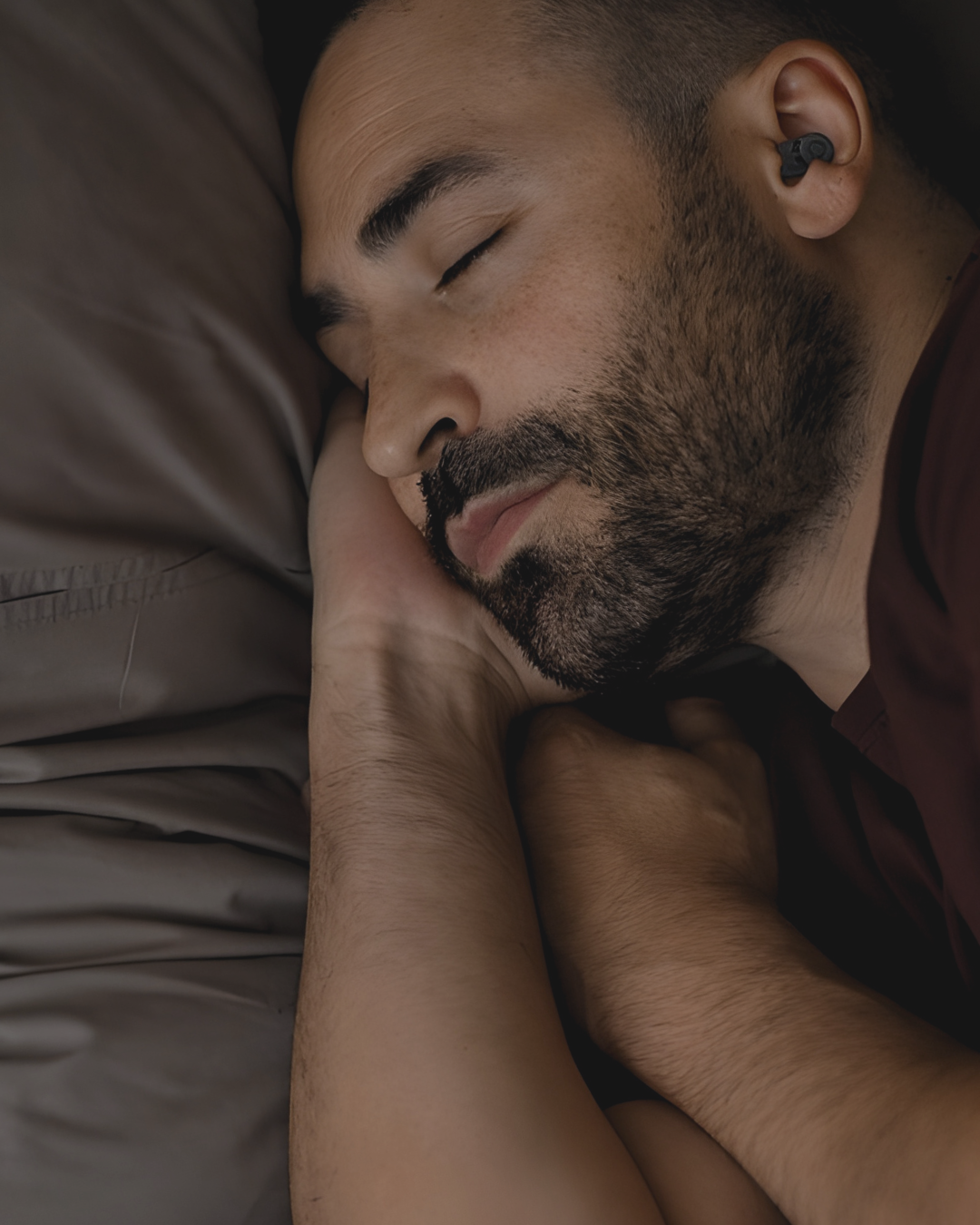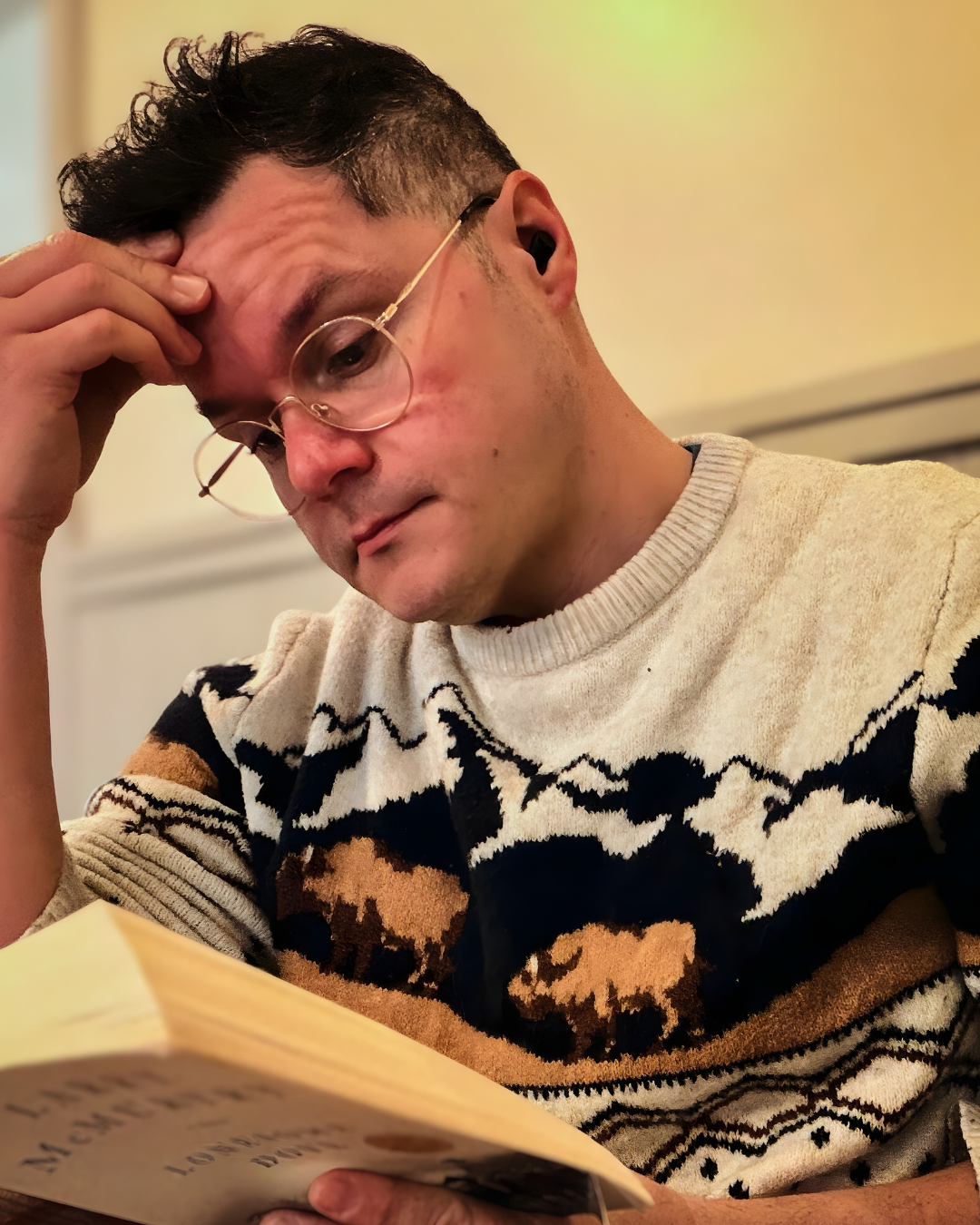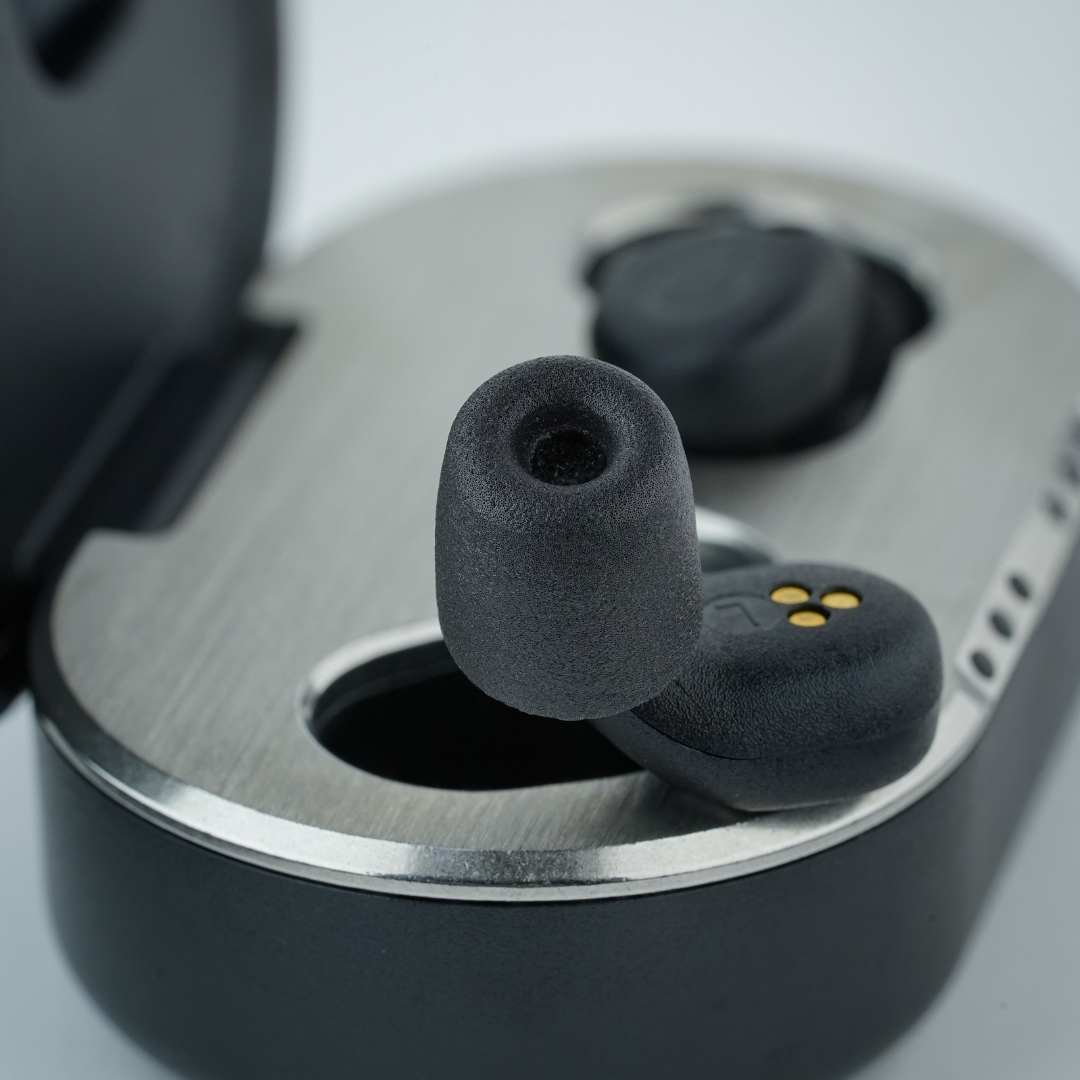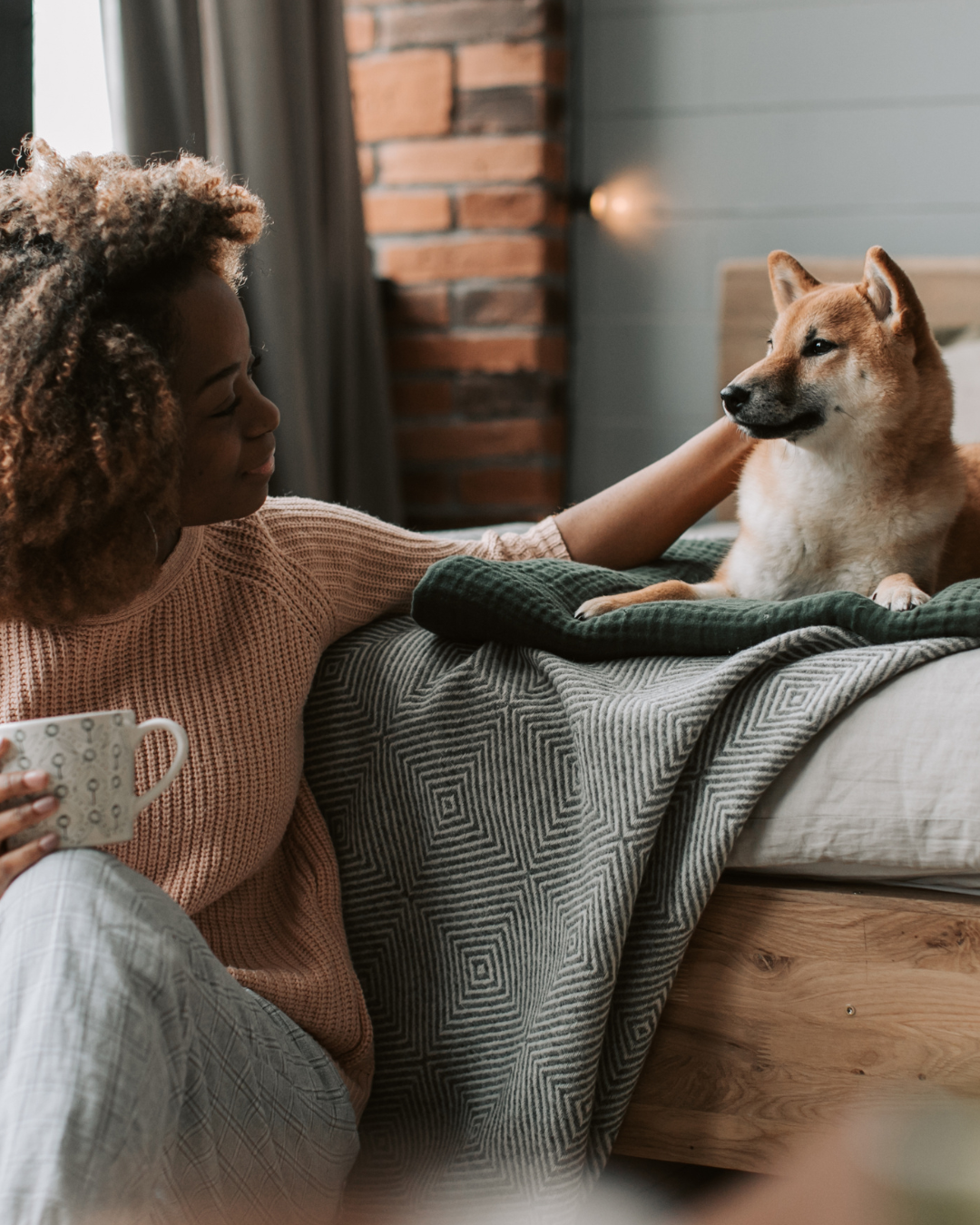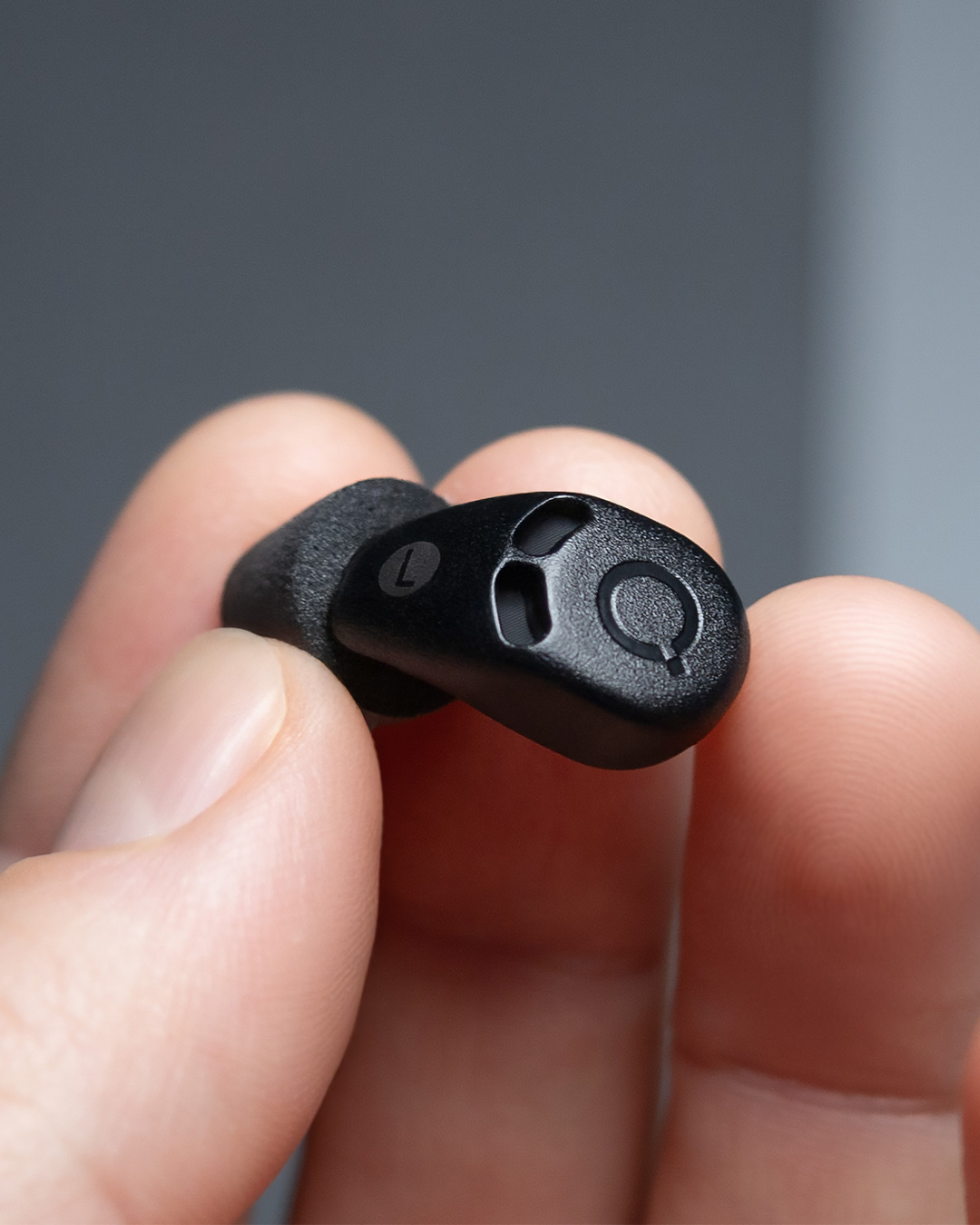Stress, snoring, neighbors and other irritating sounds are a common enemy for a good night’s sleep. During recent years, various companies have tried to solve the equation for perfect rest with versatile technological innovations.
So, which one is the best, noise-masking or silence? And by what means is it the best? How on the earth can you possibly answer that? As you might have guessed, there’s no single easy answer for that. But in any case, with this post, we’ll try to give you as much information as possible.
At first we review different technologies to mask noises. After that we ponder the question if all noise during sleeping is a bad thing. Then we bring up some facts and benefits of silence and talk a bit about mindfulness. Finally, we present some conclusions about all this.
Different technologies to block out the noise (with another noise)
Today, there’s noise-masking, white noise, pink noise, brown noise, black noise and multitude of other things. If sleep is a problem, you have probably heard or even tried out one of those above-mentioned options. But have you actually thought about what’s happening with white noise or noise-masking? The fact is that you are trying to solve the issue with noise, by battling/masking it with another noise! It sounds pretty weird, doesn’t it?

Anyway, those noise-cancellation techniques are super clever. And, if people are getting better sleep with them, all the better. There’s even some scientific evidence to back up that white noise has helped patients sleep better. Or, another study (conducted by Bose, the audio equipment giant and UCHealth CARE Innovation Center) which states that Bose’s noise-masking technology helps people fall asleep faster.
Everyone can think whatever they want by scientifical studies funded by huge corporations. Nevertheless, there seems to be correlation between better sleep and noise-cancellation. Still, there’s one but: white noise and/or noise-masking are usually tested when there’s a lot of other noise – not with silence.
Noise during the night – good or bad?
People are programmed to wake up from loud noises, such as child crying, explosions, etc. Obviously, it is also related to the stage of sleep you’re in.
However, the question if any noise (especially throughout the whole night) is good for health, remains unanswered. And it seems like even Bose thinks it might not. Or otherwise, why have they included the option to cancel noise-masking or set a timer to cancel noise-masking during the hours of night?
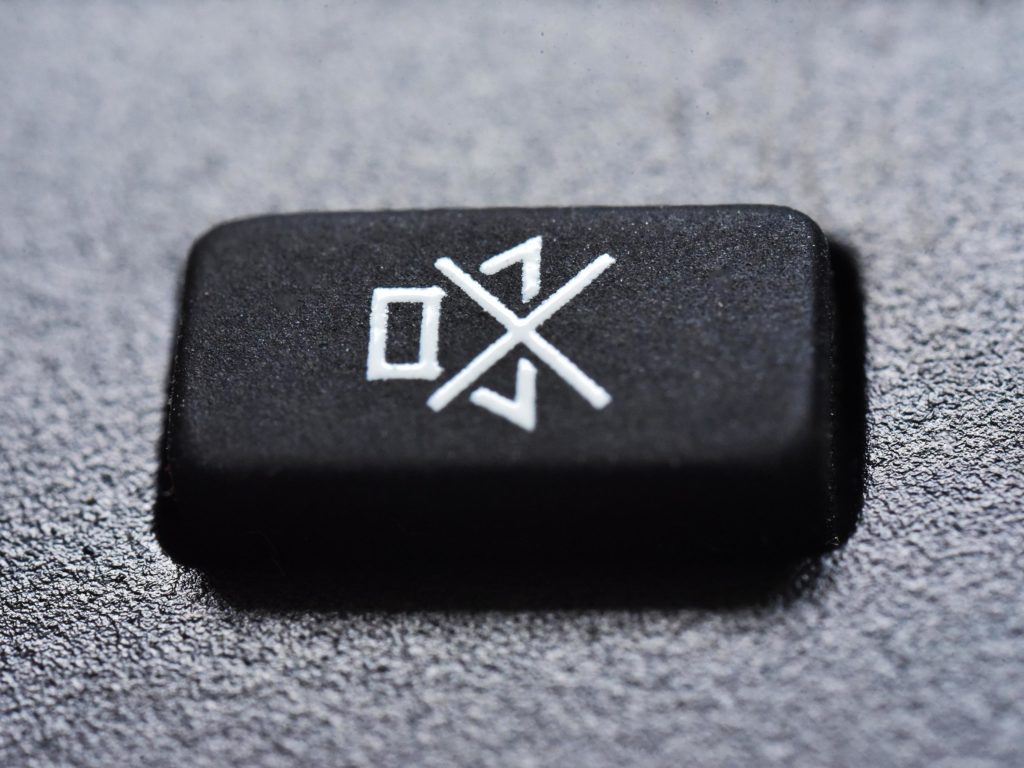
It is a good question indeed and there is not enough scientific evidence to give you a clear answer. Though, there’s tons of evidence that complete silence is helping people sleep better. Just take a look about this study where people were given protection against sound and light. It’s clear that the use of earplugs & masks provided the test group with more REM time, shorter REM latency, less arousal and an elevation of nocturnal melatonin levels.
Facts about silence
Silence can have positive impact on both, the physical and mental health. And it’s no wonder why. In today’s busy business environment, we are surrounded by constant noise!
Long gone are those days that when people went out, they were able to hear the surrounding sounds of nature. In modern days metropolis, it is surprisingly hard to find nature, not even to mention true silence.

Silence has been studied a lot in the recent years and surprising facts have been found out. Did you know that it has the potential to grow your brain? It seems so, at least according this study from 2015. Another study found out that noise causes high blood pressure and elevated cortisol levels. This study in turn, found out that silence has more positive impacts on cardiovascular health than classical music.
Other benefits of silence include:
- Boost in your immune system
- Boost in your brain chemistry
- Brings relaxation
- Gives time to process your emotions
- Better focus and concentration
- Better decision making
- Lower levels of stress
- Better sleep and less insomnia
- Keeps plaques from forming in arteries
If you’re interested, there’s a lot of other science and studies backing up the benefits of science. But I think the point is clear: we need complete silence in our noisy modern lives!
Ultimate silence: mindfulness
There’s been a lot of hype around mindfulness in the past years. Though, this is no wonder – there’s strong scientific evidence about the positive effects. You can read i.e. this study that shows how meditation can reduce psychological stress or this which is proving that it can be useful against battle with depression.
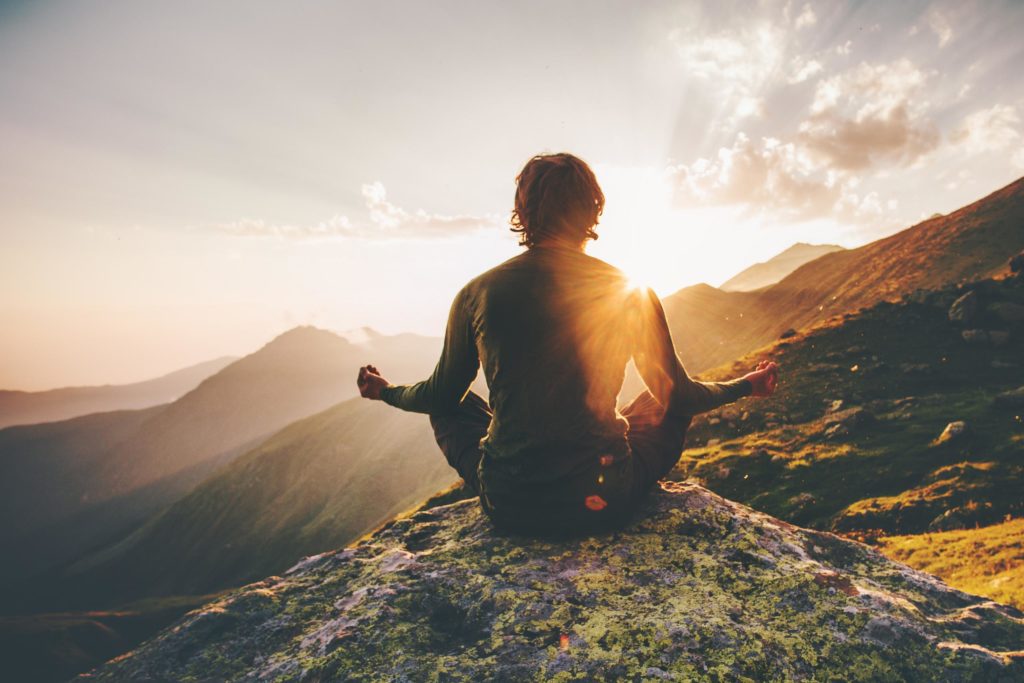
Considering the main topic about silence, it is especially interesting that many mindfulness experts are voting for silence over music. One such example is Diana Winston from University of California. She’s the director of mindfulness education and she truly believes that is easier to stay in present moment without music.
“It can bring on imagery and memories and associations, and in mindfulness, we’re actually trying to stay in the present moment and avoid going down those roads.”
Conclusion: Noise-masking or silence?
Silence is scientifically proven to be beneficial for human beings and sleep. Yet, if people are falling asleep easier or getting better sleep with noise-masking, white noise or pink noise – that’s just excellent.
It is pretty clear that noise-masking, white noise, etc. work the best when there’s lots of environmental noise (which obviously isn’t good in the first place).
The big question wether any noise is good for you or for your sleep, especially long-term, remains unanswered. There’s simply not enough scientific data about the subject. However, since most people sleep better in a complete silence it is pretty safe to make the guess that no noise at all is better than any artificial sounds.
So why people choose artificial sounds over regular earplugs (complete silence) in the first place? Probably because they think that regular earplugs & eye masks are horribly uncomfortable.
Therefore, it is good that there’s another option, than white noise, noise-masking, etc., if silence truly is something you desire.
As the saying goes, silence is golden.
References
https://medium.com/awarenow-io/why-we-need-silence-2362b126b58d
https://pubmed.ncbi.nlm.nih.gov/24292324/
https://www.apa.org/monitor/2011/07-08/silence
https://ccforum.biomedcentral.com/articles/10.1186/cc8965
https://www.bose.com/en_us/landing_pages/uchealth-sounds-and-sleep-study-summary.html

